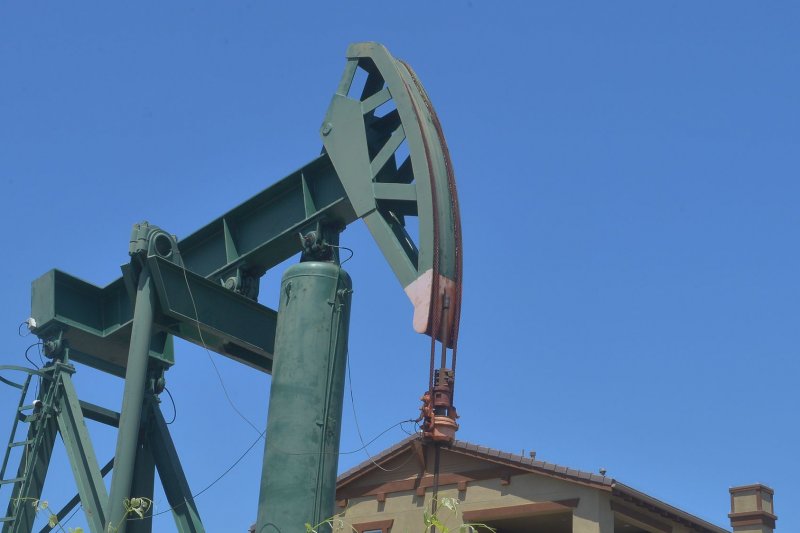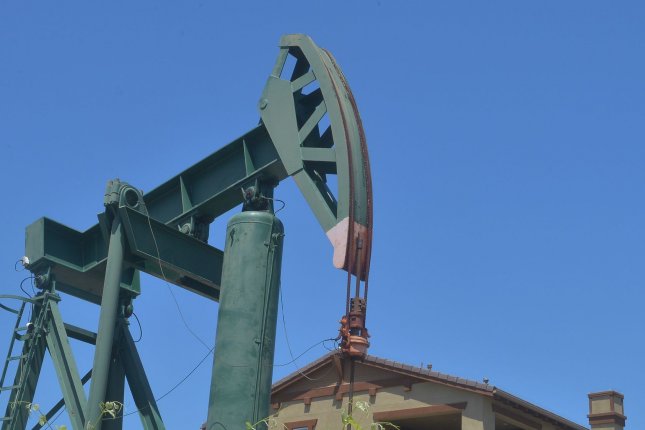March 18 (UPI) — The International Energy Agency said Friday that a shortage of oil supply worldwide tied to Russia’s invasion of Ukraine can be countered with specific actions to reduce consumption that governments and citizens can take immediately. A report issued by the IEA on Friday includes a 10-point plan that it says “could lower oil demand by 2.7 million barrels a day within four months — equivalent to the oil demand for all the cars in China.”
“As a result of Russia’s appalling aggression against Ukraine, the world may well be facing its biggest oil supply shock in decades, with huge implications for our economies and societies,” said IEA Executive Director Fatih Birol in a statement issued with the report.
The agency, which advises developed countries on their energy policy, listed the following recommendations to reduce consumption:
- Reduce speed limits on highways by 6 miles per hour.
- Work from home up to the three days per week, where possible.
- Implement “car-free” Sundays in cities.
- Reduce cost of public transportation and offer incentives for walking and cycling.
- Restrict private cars’ use of roads in large cities.
- Increase car sharing and adopt practices to reduce fuel use.
- Promote efficient driving for freight trucks and delivery of goods.
- Using high-speed and night trains instead of planes where possible.
- Avoid business air travel where alternative options exist.
- Reinforce the adoption of electric and more efficient vehicles.
“Reducing oil use must not remain a temporary measure,” the report concluded. “Sustained reductions are desirable in order not only to improve energy security but also to tackle climate change and reduce air pollution. Governments have all the necessary tools at their disposal to put oil demand into decline in the coming years, which would support efforts to both strengthen energy security and achieve vital climate goals.”
Many nations are also focused on increasing their energy production.
Earlier this month, U.S. senators expressed bipartisan interest in ramping up domestic oil and gas production to combat soaring energy prices.

